The United States (US) has established a timeline and identified seven key areas for reviewing Kenya’s Major Non-NATO Ally status.
According to the Congressional Record, Vol. 171, the assessment will be comprehensive and must begin within 90 days.
After the review, a classified report shall be submitted to the appropriate committees of Congress on the findings of the review not later than 180 days after the Act’s enactment.
“In General. — Not later than 90 days after the date of the enactment of this Act, the Secretary of State, in coordination with the Secretary of Defence, the Secretary of the Treasury, and the Director of National Intelligence, shall commence a review of the major non-NATO status of Kenya, conferred on June 24, 2024,” Congressional Record, Vol. 171 stated.
Trump Govt to Probe Kenya in 7 Critical Areas
The assessment will include the following;
1. Kenya–U.S. relations in countering violent extremism, maintaining peace and security in Sub-Saharan Africa and Haiti, as a UN peacekeeping troop contributor, and as an economic partner.
2. Military and security relations between Kenya and China, Russia, and Iran, including engagements, agreements, or joint activities since June 24, 2024.
3. Political and financial links between key Kenyan political actors/institutions and China, Russia, and Iran.
4. Relationships with nonstate armed groups and violent extremist organizations, including the Rapid Support Forces and al-Shabaab.
5. Trade and investment relations with China, including:
- Participation in the Belt and Road Initiative
- Bilateral debt and commercial ties
Also Read: Trump Govt Moves to Reassess Kenya’s Designation as Major Non-NATO Ally
6. Kenya as a financial safe haven for individuals/entities on the U.S. OFAC Specially Designated Nationals and Blocked Persons list, and for foreign terrorist organizations, including those based in South Sudan, Sudan, Uganda, and Somalia.
“An assessment of Kenya as a financial safe haven for individuals and entities on the Office of Foreign Assets Control Specially Designated Nationals and Blocked Persons list and foreign terrorist organizations, including such individuals and entities based in South Sudan, Sudan, Uganda, and Somalia,” read the statement.
7. Use of U.S. security assistance and intelligence support, including potential impacts on actions against civilians such as abductions, torture, renditions, and violence.
“An assessment of Kenya’s use of U.S. security assistance and intelligence sharing, including potential impacts on both state and non-state actions against civilians—such as abductions, torture, renditions, and violence,” the statement read.
Also Read: Kenya’s Major Non-NATO Ally Status Under Scrutiny: Risks and Implications
Kenya Becomes First Sub-Saharan African Country to Attain (MNNA) Status
Kenya became the first sub-Saharan African country to attain Major Non-NATO Ally (MNNA) status during President William Ruto’s landmark state visit to Washington in May 2024—the first visit by an African leader in 15 years.
While largely symbolic, the designation carries substantial political significance, strengthening Kenya’s position as a key U.S. partner in Africa.
It was widely viewed as recognition of Nairobi’s contributions to counterterrorism, including hosting U.S. military facilities in Manda and Wajir, and its alignment with Western positions, such as condemning Russia’s invasion of Ukraine.
The MNNA status also provides Kenya with enhanced access to U.S. security cooperation, including military equipment financing and eligibility for Kenyan companies to bid on contracts for maintenance and repair of U.S. Department of Defense assets abroad.
Follow our WhatsApp Channel and X Account for real-time news updates.
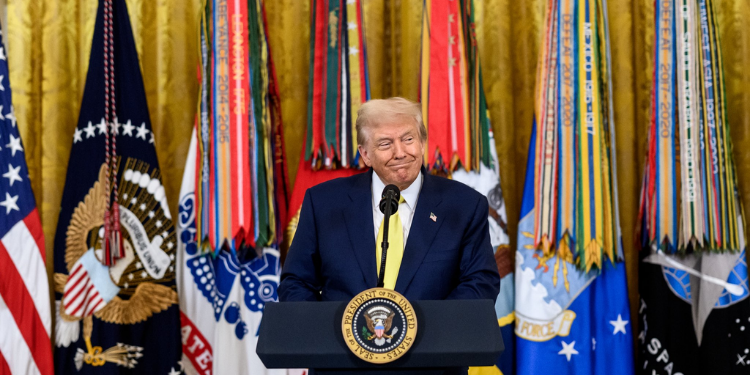

![President Ruto Address During Mashujaa Day And How He Honored Raila [Full Text Speech] President Ruto Address During Mashujaa Day And How He Honored Raila [Full Text Speech]](https://thekenyatimescdn-ese7d3e7ghdnbfa9.z01.azurefd.net/prodimages/uploads/2025/10/ruto-mashujaa-address-360x180.jpg)
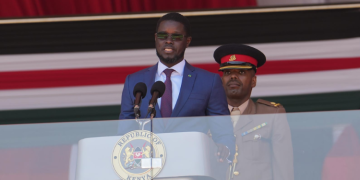
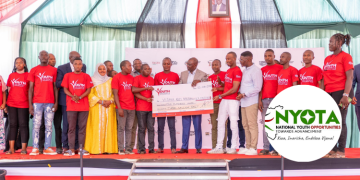



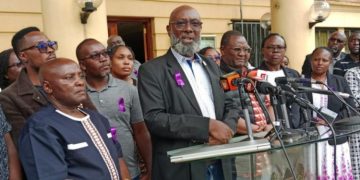

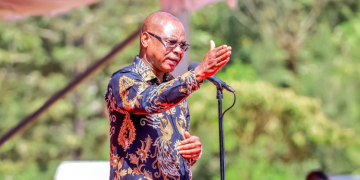






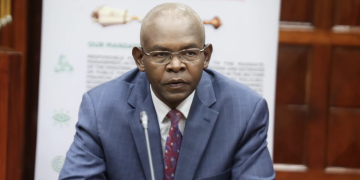























































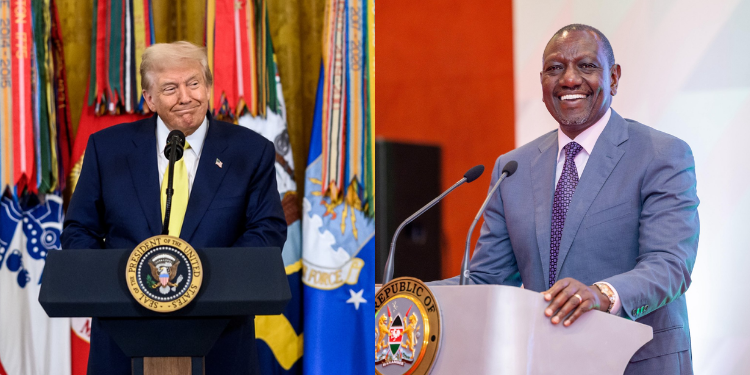
![President Ruto Address During Mashujaa Day And How He Honored Raila [Full Text Speech] President Ruto Address During Mashujaa Day And How He Honored Raila [Full Text Speech]](https://thekenyatimescdn-ese7d3e7ghdnbfa9.z01.azurefd.net/prodimages/uploads/2025/10/ruto-mashujaa-address-120x86.jpg)


